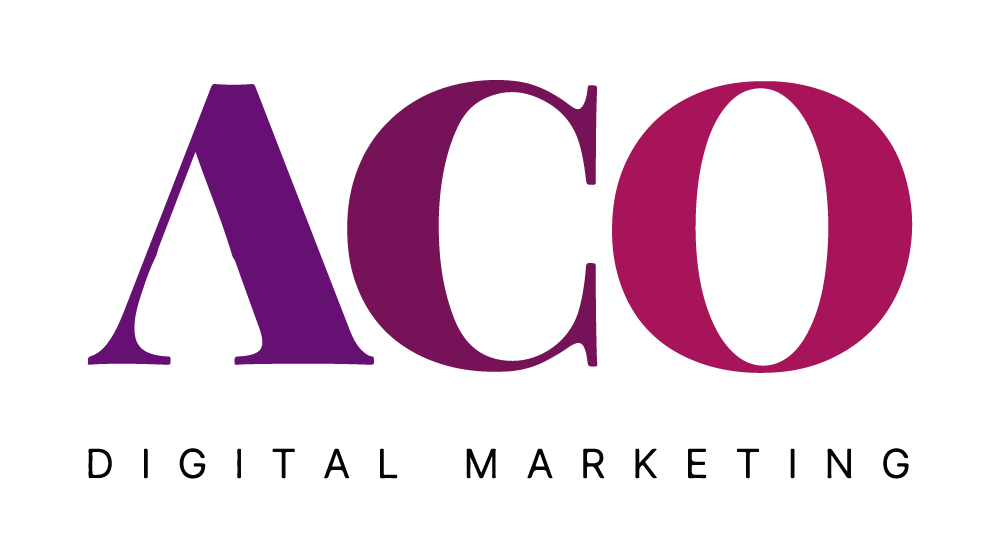Is your website loading slowly?
Discover how it could be killing your
rankings (and your sales)
Imagine walking into a store, opening the door, and it takes a minute for the salesperson to appear.
You’d probably leave, right?
The same thing happens with a slow website: every extra second of loading means a potential customer abandons it, and worse yet, it’s a negative signal to Google that sinks your rankings.
If you’re worried that your website isn’t performing at its best, keep reading. Here I’ll explain how loading speed affects your SEO, your conversions, and what concrete steps you can take to optimize it.
Why does loading speed matter so much?
Google has made it clear: a website’s speed is one of its priority ranking factors. The reason? A fast page offers a better user experience, and that’s the ultimate goal of any search engine.
Some real data:
● 53% of users abandon a website if it takes more than 3 seconds to load
● Every second of delay can reduce conversions by up to 20%
● Google prioritizes fast sites in mobile results
➝ At ACO Digital Marketing, we help businesses audit and improve their loading speed so they don’t lose customers or rankings on Google.
How to measure your website’s speed?
Before optimizing, you need to know where you stand. These free tools will help you:
● PageSpeed Insights (from Google): analyzes mobile and desktop versions
● GTmetrix: offers a technical breakdown of times and resources
● Pingdom Tools: useful for checking loading from different regions
● WebPageTest: for more advanced testing, with network and device options
Tip: Always measure at different times and on different devices, not just from your own Wi-Fi.
Main factors that slow down your website
Large images
One of the most common mistakes: High-resolution, uncompressed photos slow down your website enormously.
Quick Fix:
● Compress images (TinyPNG, Squoosh)
● Use modern formats like WebP
● Adjust actual dimensions before uploading
Cluttered Code
Unnecessary CSS, heavy scripts, unused plugins… all of this adds to loading time.
Best Practices:
● Minify CSS and JS
● Remove outdated plugins
● Use only the code you really need
➝ If you don’t know where to start, at ACO Digital Marketing we can perform a technical audit to debug your website.
Low-Quality Hosting
A cheap, overloaded server is like setting up a luxury restaurant on a dirt road. No matter how good your website is, it will take a long time to load.
Tip:
Invest in a reliable hosting service with good responsiveness and technical support.
Lack of Mobile Optimization
By 2025, more than 80% of visits will come from mobile devices. A website that’s fast on desktop but slow on mobile is a huge problem.
Solution:
● Responsive design
● Images adapted to small screens
● Speed test with 3G or 4G
Are you worried that your website is losing customers?
We can help you diagnose loading issues and improve performance. Write to us to schedule a free review and start optimizing today.
What happens if you don’t improve speed?
● Drop in Google rankings
● Loss of organic traffic
● Higher bounce rate
● Fewer sales and leads
In other words, it’s not a minor technical detail: it’s a key factor for your business.
Practical steps to optimize your website’s speed
✔ Compress and optimize images
✔ Enable caching
✔ Use a CDN (content delivery network)
✔ Minimize unnecessary scripts
✔ Update your CMS and plugins regularly
✔ Monitor speed monthly
➝ At ACO Digital Marketing, we can strategically implement these improvements to ensure your website is fast and effective.
Frequently Asked Questions (FAQ)
How often should I measure my website’s speed?
Ideally, once a month, or after major changes.
Does speed depend solely on the hosting?
No, the design, code, images, caching, and many other factors play a role.
Can I optimize speed without programming knowledge?
Some basic actions (such as compressing images) can be done yourself, but others require technical support.
Conclusion
A fast website is not only better for Google, but also for your client. Keep in mind that every second you wait can mean fewer sales and more frustration.
Don’t let your website’s slowness continue to kill your rankings. Invest in optimizing it today and you’ll notice the difference in traffic, conversions, and brand trust.
➝ Request a free consultation with ACO Digital Marketing and discover how to improve your website’s speed to boost your SEO and increase sales. Click here to schedule your assessment.

